by Ryan Hartman, Chairman, LuMind Research Down Syndrome Foundation Board of Directors
Did you know if we had the funding, we could award $20 million in Down syndrome cognition research grants tomorrow?
 One of the most interesting things I’ve learned since joining LuMind Foundation is the wealth of possibilities on the horizon. I’m a businessman with a background in aerospace, and I therefore appreciate the power of momentum and the efficient use of energy to keep making progress. Thanks to my son Taylor who has Down syndrome, I also have a personal interest in wanting to propel Ds research forward at mach speeds.
One of the most interesting things I’ve learned since joining LuMind Foundation is the wealth of possibilities on the horizon. I’m a businessman with a background in aerospace, and I therefore appreciate the power of momentum and the efficient use of energy to keep making progress. Thanks to my son Taylor who has Down syndrome, I also have a personal interest in wanting to propel Ds research forward at mach speeds.
Ten years ago, there was little research progress on Ds. Researchers interested in unlocking the puzzle of Down syndrome were essentially forced to go into other areas because it was near impossible to secure funding for Ds discovery. Without funding, those researchers lent their talents to other efforts.
Now thanks to the efforts of the LuMind Foundation founders, donors, and the Ds community, there’s been a shift. Your support has been the catalyst and new researchers are entering the field and making exciting discoveries. We see proof each year at LuMind Foundation when our Scientific Advisory Board receives increasingly more proposals than we can fund with so many promising lines of discovery.
 The momentum is exciting, but without additional funding we’re leaving research on the table.
The momentum is exciting, but without additional funding we’re leaving research on the table.
The LuMind Foundation has been successful in their approach to evaluating and selecting research grants and we have established awesome momentum. Thanks to you, four clinical trials are running based on discoveries ignited in one of our funded labs. We are proud of our results and the momentum we have generated, but we see so much more on the horizon. As within aerospace, momentum should be harnessed and coupled with propelling energy to gain more momentum to make further progress.
LuMind RDS Foundation plans to increase our propelling energy by amping up our funding while remaining true to our proven approach. What additional Ds research could we fund if we had the money? There are 20 million possibilities.
Leaving research on the table means there are discoveries, clinical trials, and drug therapeutics to improve cognition unfunded and undiscovered. Without a funding catalyst, the next great breakthrough could be delayed or remain undiscovered. Without a funding to propel us forward, we lose the momentum we have created.
I invest in cognition research for my son, but also because I see the possibilities. The ideas are there, the talent is there, we just need to keep fueling the momentum.
Please consider joining me in a year-end donation to LuMind RDS Foundation and cognition research.


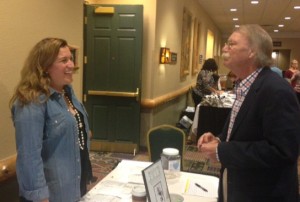

 Thank you DSAGSL!
Thank you DSAGSL!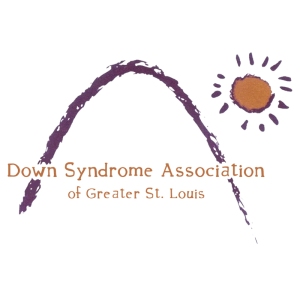
 We are often asked about programs that let our supporters do more with their donation. Here are some ways to have a greater impact on Down syndrome cognition research.
We are often asked about programs that let our supporters do more with their donation. Here are some ways to have a greater impact on Down syndrome cognition research.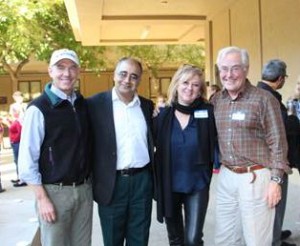
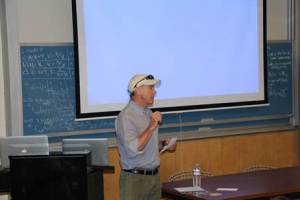
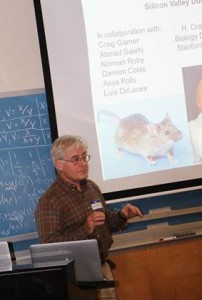
 Thank you to the amazing folks who came out for a night fun in Southern California on November 1. LuMind Foundation was founded in California and since then we’ve expanded our footprint to reflect that people with Down syndrome around the world can benefit from cognition research. We were happy to get back to our roots with the annual Southern California benefit gala: “One eXtra Reason to Live … Love … Hope.”
Thank you to the amazing folks who came out for a night fun in Southern California on November 1. LuMind Foundation was founded in California and since then we’ve expanded our footprint to reflect that people with Down syndrome around the world can benefit from cognition research. We were happy to get back to our roots with the annual Southern California benefit gala: “One eXtra Reason to Live … Love … Hope.”







